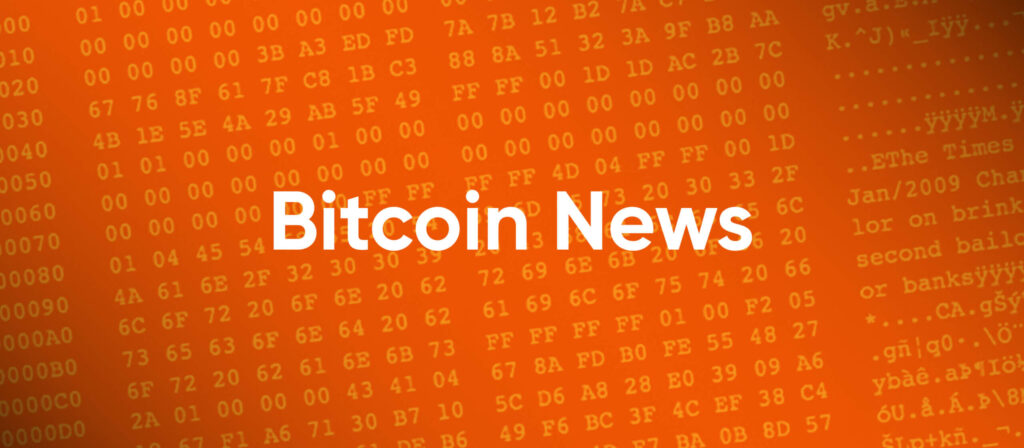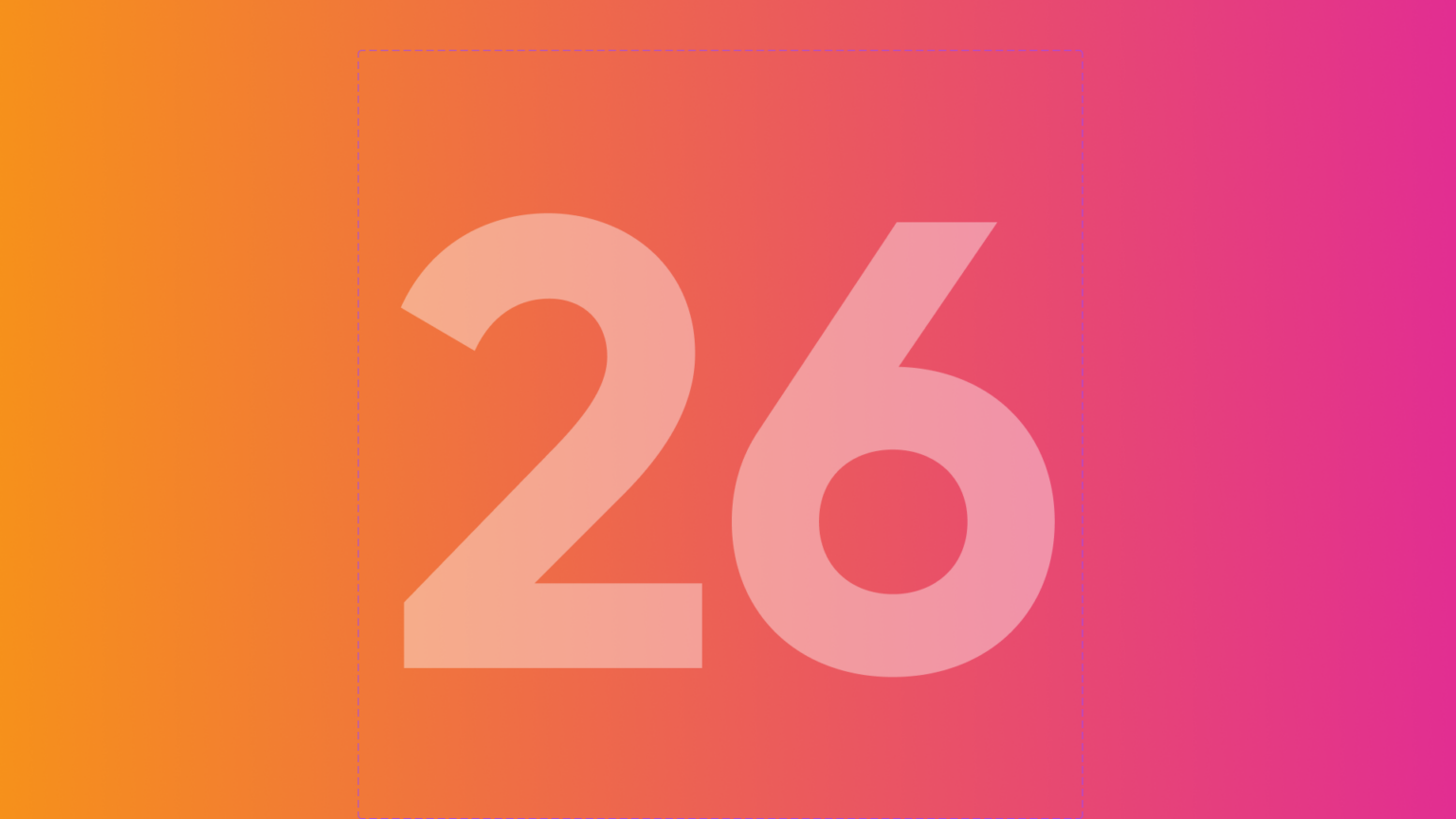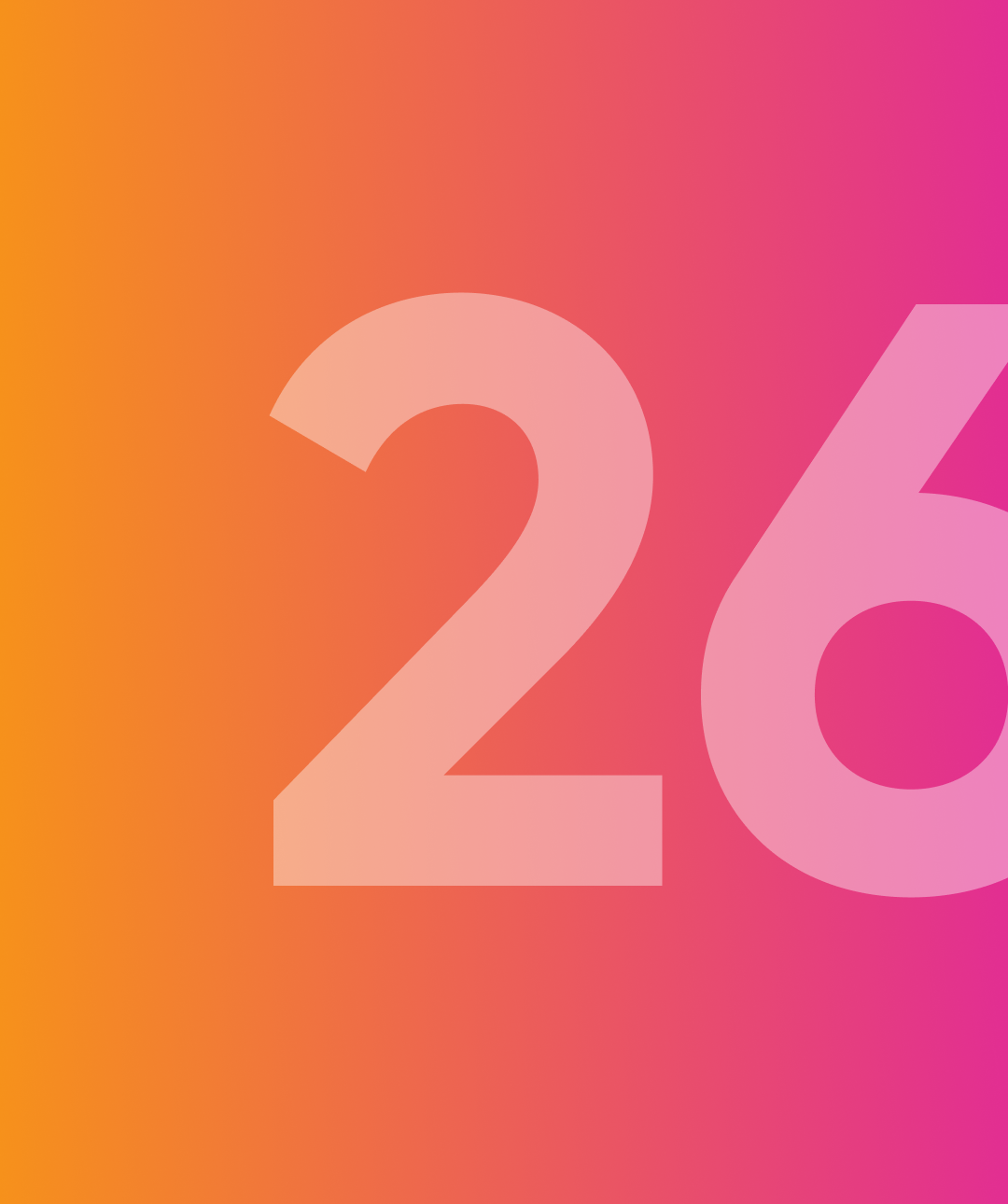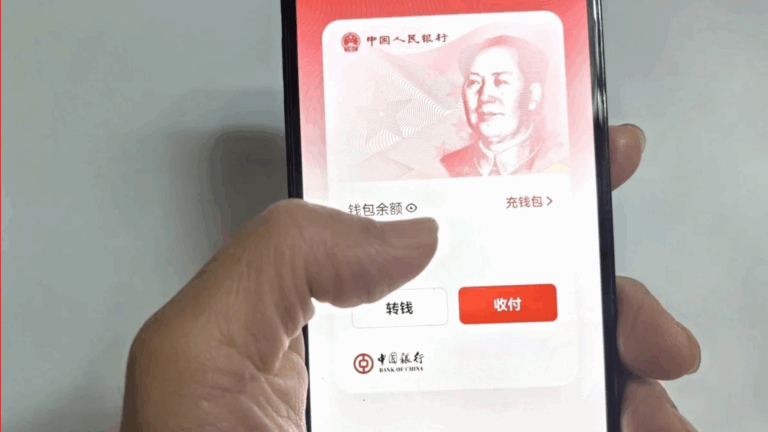The Financial Freedom Report is a newsletter focusing on the role currency and banking play in the civil liberties and human rights struggles of those living under authoritarian regimes. We also spotlight new tools and applications that can help individuals protect their financial freedom.
Good morning, readers!
This week in Nicaragua, the number of political prisoners continues to grow. This time, the targets are journalists and teachers who are arbitrarily detained and often cut off from their banking accounts.
In Burma, the central bank declared the exchange and trading of Bitcoin illegal, as Bitcoin is often used to make payments beyond the control of the dictatorship. With Bitcoin now illegal, the regime is attempting to remove the exit ramps from its tightly controlled financial system, where the local currency continues to lose value.
Elsewhere, there are reports that one of the world’s most popular digital currency wallets, MetaMask, plans to introduce native Bitcoin support to its reported 30 million monthly active self-custodial users.
We end this week’s newsletter with a conversation between author Frank Corva and Calle, the creator of the Cashu ecash protocol, where they explain the benefits of ecash technology for people in difficult political climates.
Now, let’s dive right in!

Nicaragua | Number of Political Prisoners Grows
Dictator Daniel Ortega detained prominent teacher and writer Pedro Alfonso Morales, as well as journalist Orlando Chavez Esquivel and his two siblings. The Human Rights Collective, Nicaragua Nunca Más, stressed that “these incidents are not isolated but part of a systematic policy of repression by the Ortega-Murillo regime to silence critical voices.” Last year, Ortega’s government forcibly expelled 222 political prisoners to the United States, cutting them off from their banking accounts and stripping them of their Nicaraguan nationality. In response, a growing number of Nicaraguan democracy activists are turning to apolitical, neutral, and non-confiscatable money. “Bitcoin is a technology that works for human rights defenders. It’s a technology that works to protect the privacy of people,” Nicaraguan opposition leader Félix Maradiaga said.
Thailand | Transnational Repression of Dissidents
The Thai government is reportedly surveilling, abducting, and abusing activists, refugees, dissidents, and asylum seekers from neighboring countries like Vietnam and Laos. These countries reciprocate by locating and repatriating Thai dissidents, creating a “swap mart” arrangement where governments kidnap and exchange their critics. Upon return, these individuals face persecution, torture, or threats to their lives. Each of the governments in the system is either researching, piloting, or launching central bank digital currencies (CBDCs), which would potentially enhance their ability to suppress dissidents by improving their ability to track and control their finances.
Burma | Central Bank Makes Trading and Exchanging Bitcoin Illegal
The Central Bank of Myanmar declared that Bitcoin, stablecoins, and other cryptocurrencies are not legal tender, making exchange illegal. Violators will apparently be subject to prosecution, which could result in imprisonment, financial fines, or both. The military regime, known for its iron-fisted control of banks, restriction of cash withdrawals, and use of financial repression to target political opponents, has now broadened its reach to target users of digital currencies. By trying to limit access to Bitcoin, the regime aims to further subjugate its 54 million citizens and eliminate any hope of financial autonomy that could threaten its totalitarian rule.
Lebanon | Lira Devalued by 95%
Once known as the Switzerland of the Middle East, Lebanon continues to suffer from a severe economic crisis driven by political instability, corruption, and the mismanagement of public finances. According to international monitors, poverty in Lebanon has tripled over the last decade. Since 2019, the Lebanese lira has been devalued by 95%, erasing the purchasing power and savings of its citizens. To make matters worse, banks restricted most depositors’ access to their money, pushing over 80% of the population below the poverty line. Citizens struggle to afford basic necessities such as food, healthcare, and education. In search of financial rebirth, many Lebanese are turning to Bitcoin and stablecoins.
Tunisia | Lawyers Stage Nationwide Strike and Protests
President Kais Saied’s regime raided the Bar Association headquarters and detained two lawyers critical of the president. This month alone, 10 lawyers, activists, and journalists were arrested, prompting nationwide strikes and protests. After sparking the Arab Spring revolution in 2010, Tunisia’s regime has increasingly detained critics. The regime exploits a cybercrime law to imprison critics on charges of spreading false information. Additionally, it employs financial control to curb its opposition. One such example is the imprisonment of Rached Ghannouchi, the head of Tunisia’s largest opposition party, on allegations of receiving foreign funding, a regime tactic also seen in Russia, Georgia, and elsewhere. This kind of strategy aims to cut off vital resources for opposition members and their movements and silence dissent.

MetaMask | Potentially Adding Native Bitcoin Support
MetaMask, the popular cryptocurrency wallet, plans to add native Bitcoin support. Sources indicate this functionality could be available as early as next month, although details and timelines remain unconfirmed. Currently, MetaMask users can only access Bitcoin via Wrapped Bitcoin (WBTC), an Ethereum-compatible token that represents Bitcoin. Adding native Bitcoin support would eliminate the need for intermediary tokens, providing Metamask’s reported 30 million monthly active users with direct access to Bitcoin.
Pushtx | Privacy-Focused Bitcoin Transaction Broadcaster
Pushtx is a new privacy-focused Bitcoin transaction broadcaster developed by Alfred Hodle. As its name suggests, Pushtx broadcasts transactions directly into the Bitcoin peer-to-peer network, bypassing external dependencies and centralized backends. By connecting to a random set of Bitcoin nodes through Tor, Pushtx tries to achieve transactions that are securely and privately broadcasted, helping to shield users from surveillance.
Splice Africa | Launches Its API
Splice Africa launched its Application Programming Interface (API), targeted at cross-border payments for African financial institutions. This is important given the continent’s fragmented financial systems and numerous currencies. Splice leverages stablecoins — cryptocurrencies pegged to stable assets, like USD — for settlements. In the future, Splice Africa plans to add a Bitcoin payment rail for organizations willing to transact in Bitcoin.
Stack Wallet | First Bitcoin FROST Wallet
Stack Wallet emerged from beta with the release of v2.0.0. It introduced new features such as Bitcoin FROST (Flexible Round-Optimized Schnorr Threshold), which is a protocol that enhances security and privacy for multi-signature transactions. By leveraging advancements from Bitcoin’s taproot upgrade, FROST aggregates key shares into a joint key, making multi-party signatures indistinguishable from single-party transactions. This not only improves privacy but also saves block space. If you’re curious, you can try the wallet here.
Marathon Digital | Renewable Energy Partnership With Kenya
Marathon Digital, a Bitcoin mining company, signed a new deal with the Kenyan government to invest in renewable energy projects. As of 2022, renewable energy accounted for 80% of Kenya’s electricity generation. But given that so much of this production is off-grid, there is a tremendous amount of waste where baseload electricity sources like geothermal are powering variable-demand consumers like water pumps and homes. A government project like this is a strong signal to the rest of the economy to encourage experimentation with Bitcoin mining to reduce waste energy. This could have significant implications for the region, giving small businesses and communities the ability to swap extra power for an open, neutral currency that, unlike the shilling, is not subject to debasement, censorship, or confiscation.
Recommended Content
Ecash Makes Bitcoin (and Fiat) Private With Calle’s Cashu
by Frank Corva
Calle, the inventor behind Cashu, hopes to restore financial privacy in digital transactions, similar to the privacy granted when transacting with physical cash. Cashu is a free and open-source Chaumian ecash protocol that integrates the privacy features of Chaumian ecash with the decentralized framework of Bitcoin. Unlike Bitcoin’s transparent ledger system, where every transaction is publicly accessible, Cashu stores ecash directly on a user’s device, granting a higher level of privacy. Learn how Cashu is transforming digital transactions and financial privacy in this article written by Frank Corva.
Oslo Freedom Forum | Reserve Your Spot
Human rights advocates from around the globe will take the Oslo Konserthus stage on June 3-5, 2024, to share their efforts to defy repression and speak out against injustice. This year’s theme, Reclaim Democracy, emphasizes the pivotal role every individual plays within the global movement for democracy. The Financial Freedom team is looking forward to creating a program track exploring the role open-source money plays in preserving our human rights and civil liberties. Use the code 2024OFF to get an early bird discount on your ticket.
If this email was forwarded to you and you enjoyed reading it, please consider subscribing to the Financial Freedom Report here.
Support the newsletter by donating bitcoin to HRF’s Financial Freedom program via BTCPay.
Want to contribute to the newsletter? Submit tips, stories, news, and ideas by emailing [email protected].
Purchase your ticket to the 2024 Oslo Freedom Forum, taking place June 3-5 in Oslo, Norway. Use the code 2024OFF to get an early bird discount.
The Bitcoin Development Fund (BDF) is accepting grant proposals on an ongoing basis. The Bitcoin Development Fund is looking to support Bitcoin developers, community builders, and educators. Submit proposals here.







